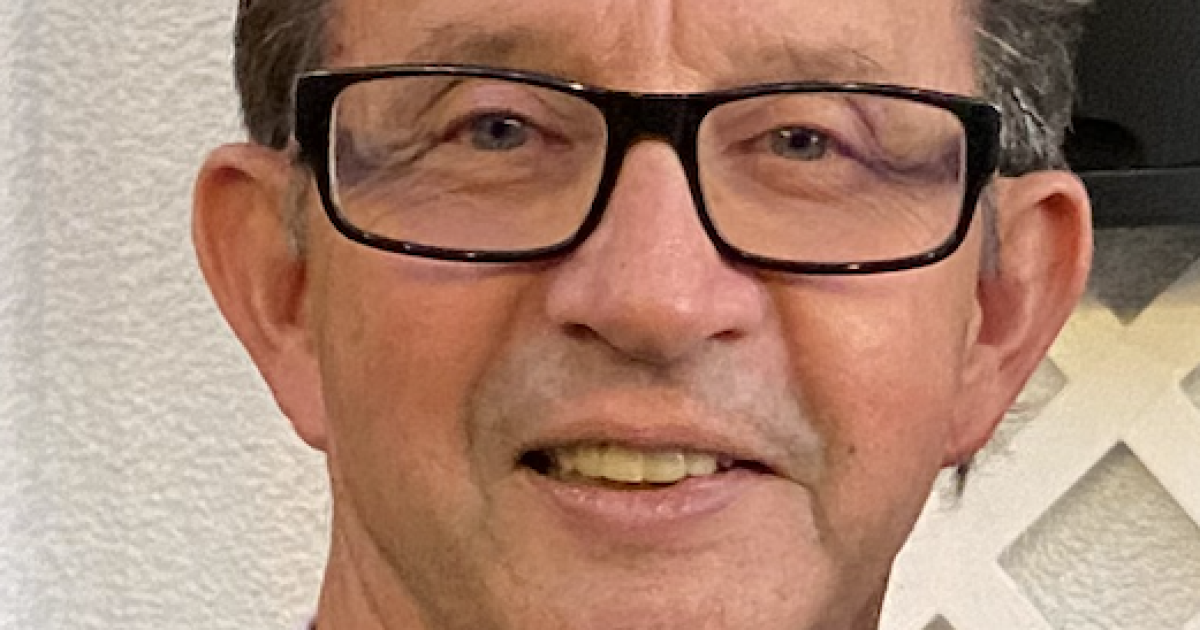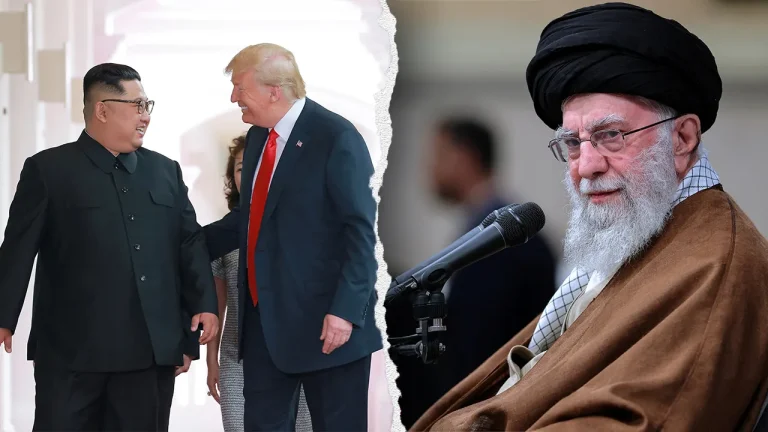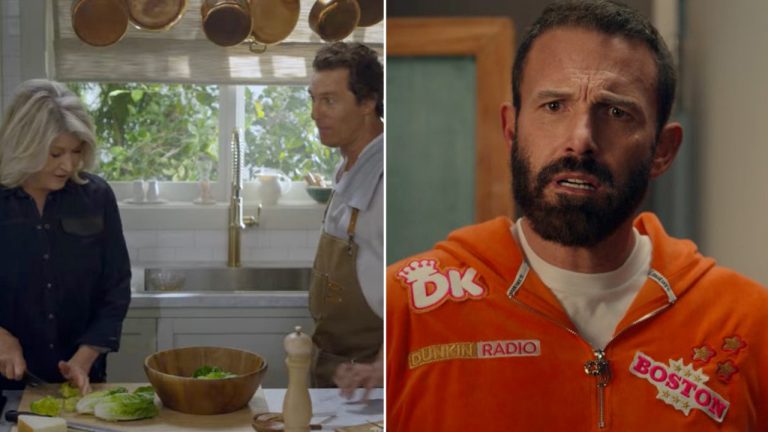
Terry Hoskins, a retired community relations officer with the San Diego Police Department, is challenging incumbent and City Council President Sean Elo-Rivera, a fellow Democrat, in District 9.
To help inform voters, the San Diego Union-Tribune asked all the candidates a series of the same questions about their priorities, positions and campaigns. Their emailed answers have been lightly edited for clarity.
Why are you running, and what makes you the best candidate?
I am running for City Council because District 9 has been unrepresentative for the past seven-plus years.
As a retired community relations officer, I know firsthand the struggles of our neighbors with City Hall and the potential our communities have to offer. I know the serious issues we face, from public safety, homelessness, housing, growing our local economy and bringing our communities together.
My leadership experience in the U.S. Marine Corps, community relations experiences with the San Diego Police Department and academic experiences as I worked to get my Ph.D. in public administration make me uniquely qualified to serve you on your City Council.
What are the top 3 issues facing this district and the city generally?
Public safety is my main priority. I have heard and seen with my own eyes because our community feels unsafe walking down the street, spending a day in the park, parking their vehicles, shoplifters, businesses getting robbed, solicitation/prostitution, property crime and alcohol/narcotic use in front of our families.

We need additional housing, but not by increasing housing through unrealistic efforts that neglect infrastructure. The waiving of developer impact fees (DIFs) is a mistake and has favored outside large developers, and the residents of District 9 are left paying for this deliberate action by our City Council.
Homelessness is a wicked problem. We all have questioned the numbers our elected officials provide. We need accountability, and unsuccessful programs will lose funding. I support the shelter first, enroll in programs, demonstrate a desire for housing and then transition our unsheltered into housing.
What are the first 3 things you would do in office if elected?
I would only support an additional tax on the public after conducting a complete budget analysis. I will push for this budget analysis to repair the widespread lack of trust in our elected officials.
I would repair the relationship between our law enforcement and the office of District 9. This relationship should be founded on respect and support; public safety is my priority.
I would immediately rescind waiving development impact fees (DIFs). I would not support moving any money budgeted according to Proposition H, earmarked for infrastructure. The City Council’s decision to do this was deliberately against the people’s will.
Do you support a 1-cent city sales tax increase? Why or why not?
No! The public needs more trust in city spending, and the public believes the budget does not represent the people’s will. The lack of governing over the city’s crumbling infrastructure indicates a lack of transparency.
What should the city do to combat its housing crisis? Do you support the city’s controversial Complete Communities developer incentive program?
Specifically in District 9, there are vacant lots all along University Avenue and El Cajon Boulevard that would be logical locations for density. The goal of Complete Communities developer incentive programs is a façade in an attempt to confuse the public.
How should public safety and civil liberties be balanced when it comes to homelessness enforcement, behavioral health policy and police surveillance?
The balance between public safety and civil liberties regarding the unsheltered and behavioral health policy must be transparent and honest.
Being unsheltered is not a criminal act; everyone in law enforcement understands this element. It is deliberate nefarious behavior that becomes criminal.
What our law enforcement needs to provide the necessary services for behavioral health issues are more psychiatric emergency response team (PERT) clinicians.
Recent flooding has brought new attention to failures of city infrastructure, and how the effects of climate change can disproportionately impact poorer neighborhoods and communities of color. How should the city combat this? And do you support raising the city’s stormwater fee or a similar tax?
The failure was by our elected officials. Our elected officials own this neglect in our city infrastructure. This particular devastation was a result of bad governance and not climate change.
The city needs to provide a better equity policy regarding infrastructure. I do not support raising fees until a complete analysis of our city spending is conducted.
The city faces a big budget crunch, along with a nearly $5 billion infrastructure funding shortfall. What services should be cut, where should more revenue be sought, and what else should the city do?
There should be an immediate reaction once a complete analysis of our city spending is completed.
The ideologies and priorities of elected officials and advocacy groups should not be placed above the will of the people. The public is aware that our elected officials have made decisions about the public money that was not the people’s will.





